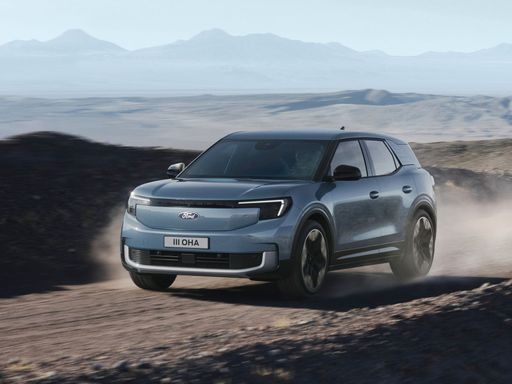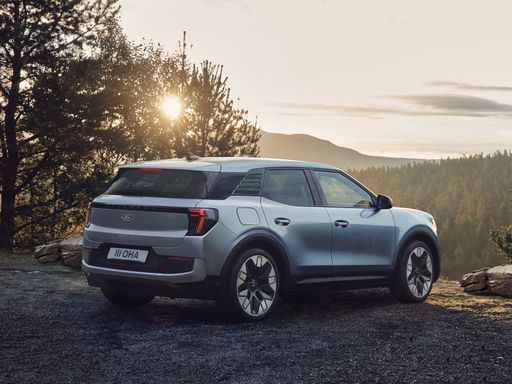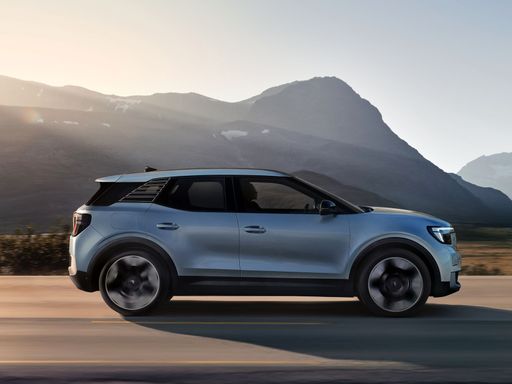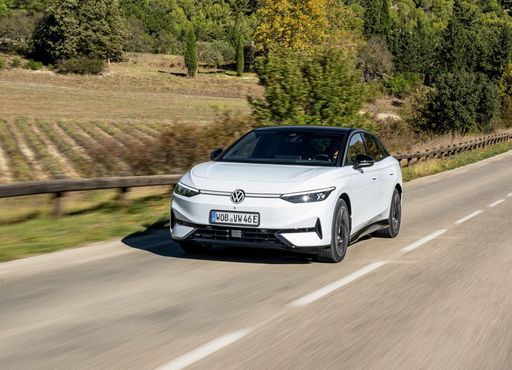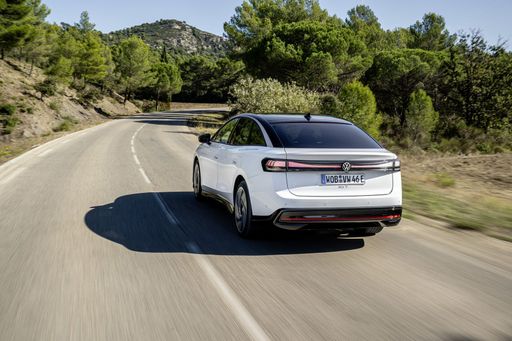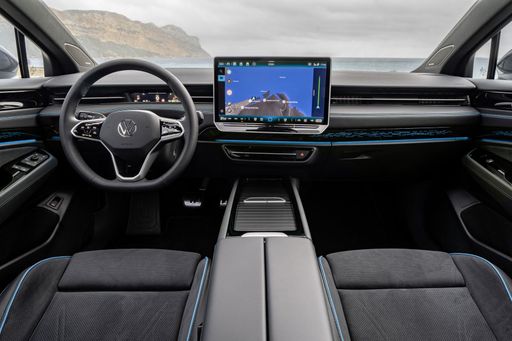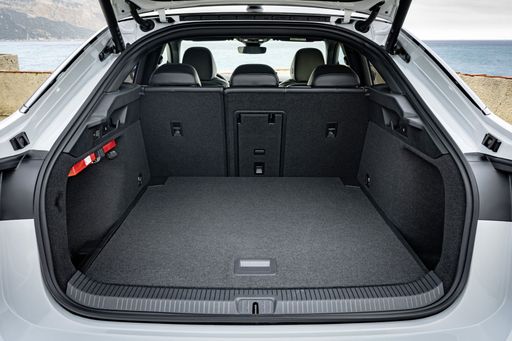Electrifying Showdown: Ford Explorer EV vs. VW ID.7
As the automotive world continues to surge toward innovation, electric vehicles have become the front-runners in sustainable transportation. In this fierce landscape, the Ford Explorer EV and the VW ID.7 stand out as two compelling choices. This article dives deep into the technical aspects and innovations of these electrified warriors, offering you a comprehensive comparison.

